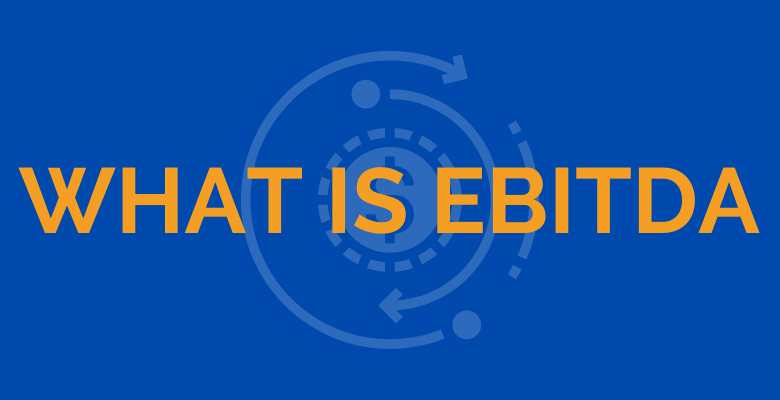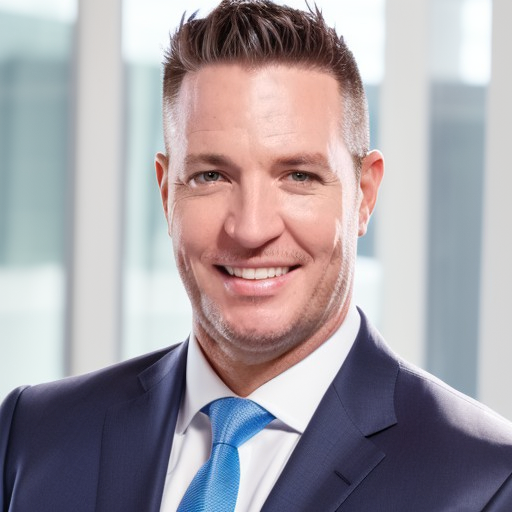
Understanding EBTIDA: Why It's Important When Selling To A DSO?
Earnings Before Interest, Taxes, Depreciation, and Amortization is the definition of EBITDA. This is a metric that only a small percentage of dental practice owners track, instead focusing on collections or net income and cash flow. However, EBITDA is the starting point for evaluating your practice and preparing it for a sale or affiliation with a DSO.
What then is EBITDA? It is the operating income of a practice, excluding taxes and non-cash expenses such as depreciation. It serves as a barometer for the cash earned by a dental practice's operations. It is essential to have a comprehensive understanding of income, operational expenses, and overhead in order to accurately assess your dental practice. However, the image is not always so clear, and adjustments must be made to EBITDA to determine the underlying profitability of a practice. This is known as EBITDA adjustments.
The DSO buyer will typically engage a third-party CPA firm to do a quality of earnings ("QoE") analysis as part of the due diligence process. This analysis examines the financial statements and finds the necessary modifications to appropriately restate EBITDA. As a dental practice owner, you must be familiar with numerous types of adjustments as you prepare for a sale and a QoE.
Here are some important EBITDA adjustments to keep in mind:
Owner Compensation Adjustment - As an owner an chair side dentist, you may not pay yourself like an associate as a percentage of your personal collections. You will want to adjust the practice bottom line to show your salary as a market percentage of your collections and add-back the difference to the bottom line.
Employee/Associate Compensation Adjustment - It is also important to know if your Associate or staff members are being paid a fair market salary. You Associate pay will be adjusted to reflect the current market rate for your region of the country. Similar, the same must be done with Office Managers and staff salaries.
Personal Expenses - Many dental practices are extremely "tax efficient" and may incur personal costs for commercial purposes. Cash sales, vacations, cell phones, vehicles, family incomes, and other benefits would be examples of expenses that would not be transferred to a DSO buyer. As such, they must be subtracted from EBITDA, so enhancing the firm's profitability. In order to be admissible, such add-backs must be completely supported by receipts and documentation.
One Time Expenses - Some of the expenses included in EBITDA are nonrecurring and were incurred in response to a particular project, issue, or strategy. These expenses are nonrecurring and would not be incurred by a subsequent buyer; therefore, they must also be deducted from EBITDA. Such as PPP loan forgiveness, insurance settlements, legal fees, expenditures for growth, and the cost of establishing a new facility. There are also one-time operational changes that have a financial impact and must be monitored and accounted for, such as the sale of a product/service/geography, the cancellation of a customer/relationship, price adjustments from a major vendor, etc. If any of these charges are one-time and non-recurring, the financial statements must be revised so that the trend of earnings is consistent.
The Bottom Line
EBITDA serves as the foundation for corporate value. Adjusted EBITDA is the most crucial metric, as it more accurately reflects the future run rate of earnings from operations. The more difficult it is for a buyer to comprehend your adjusted EBITDA, the more it can devalue the business as a whole. As a result, it is essential to plan ahead and ensure that your adjusted EBITDA is clear and precise, as this could result in you obtaining millions more for your company.
Do you need help analyzing your EBTIDA? A good practice broker, like 1st Med Transitions can typically plug in the numbers and have feedback for you in a day or two. Knowing your EBTIDA is knowing your value!

Michael S. Furlong - Senior Transitions Officer
Mike specializes in DSO Transitions and Large Practice Sales and has been working directlt with Dentists for over 15 Years. He has personally been involved in $575 Million in closed practice transactions. Mike can be reached at(800) 815-0590 x201 or mfurlong@1stmedtransitions.com.
Speak With A DSO Sales Expert
Why Sell With 1st Med?
- DSO Transition Experts
- Free EBITDA Analysis
- Fair Commission Structure
- Get 6x to 10x Multiples
- 100+ DSO/Private Groups NW
Our Featured Articles
-
by: Michael S. Furlong Is Selling To A DSO A Good Idea?
Is Selling To A DSO A Good Idea? -
by: Michael S. Furlong Why Is EBITDA Important To A DSO?
Why Is EBITDA Important To A DSO? -
by: Michael S. Furlong Why You Should Use A Dental Broker When Selling To A DSO?
Why You Should Use A Dental Broker When Selling To A DSO? -
by: Michael S. Furlong 10 Tips When Thinking Of Selling!
10 Tips When Thinking Of Selling! -
by: Michael S. Furlong Ready To Sell... Read This First!
>> Read More
Ready To Sell... Read This First!
>> Read More